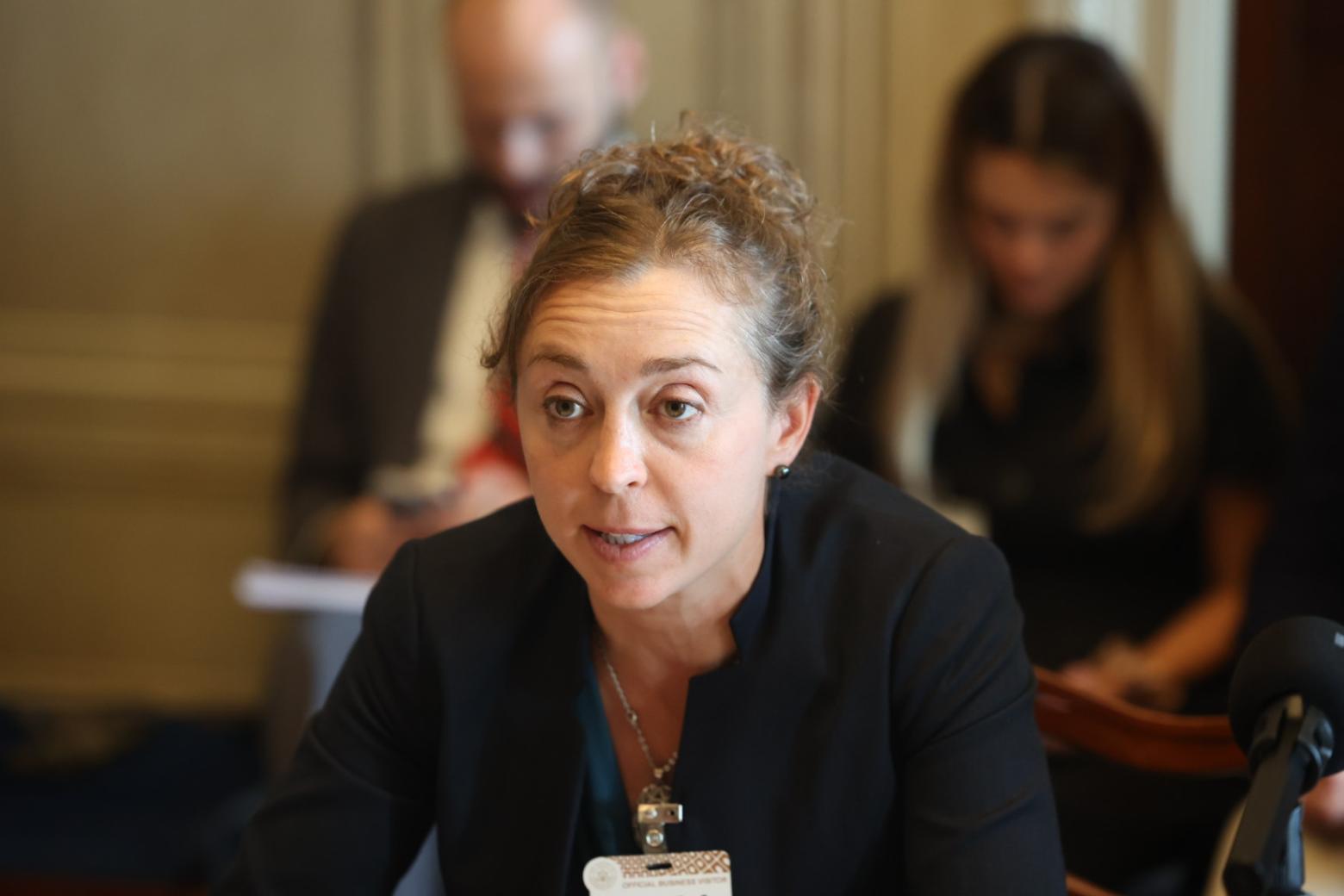
Elizabeth Holley, associate professor of mining engineering at Colorado School of Mines in Golden, testified before the House Select Committee on the Chinese Communist Party’s Critical Minerals Policy Working Group. The working group, chaired by Rep. Rob Wittman (R-VA) and Rep. Kathy Castor (D-FL), examined the necessity of developing a skilled domestic workforce to enhance U.S. economic, energy and national security through responsible sourcing of critical minerals.
With low enrollments in mining engineering programs and nearly 50% of the U.S. mining workforce — about 220,000 professionals — expected to retire by the end of the decade, the current talent pipeline is insufficient to meet the growing demand for minerals.
“Achieving increased domestic mineral production that is both environmentally sustainable and socially responsible will require innovation across the entire mining value chain,” Holley said. “To meet this challenge, we must develop an interdisciplinary workforce capable of designing and implementing new approaches to mineral exploration, mine production, processing and reclamation.”
In her testimony, Holley outlined Mines’ vision for the “mining of the future,” which aligns with student interests in environmental stewardship, innovation and social impact. She highlighted the need for increased investment in mining and mineral R&D to tackle complex engineering and social challenges, as well as the importance of greater coordination among academia, industry and government to fulfill the strategic critical mineral objectives of the United States.
Holley leads an NSF-funded interdisciplinary research team focused on the responsible development of critical minerals in the U.S. Through collaborations with industry, government and community stakeholders, her team provides insights into domestic mineral and mining issues, including the need for an innovative minerals workforce.
Mines, a public R1 research university specializing in engineering and applied science, is recognized for its expertise throughout the mining and mineral lifecycle, from exploration to reclamation, as well as in community engagement, economics and public policy.